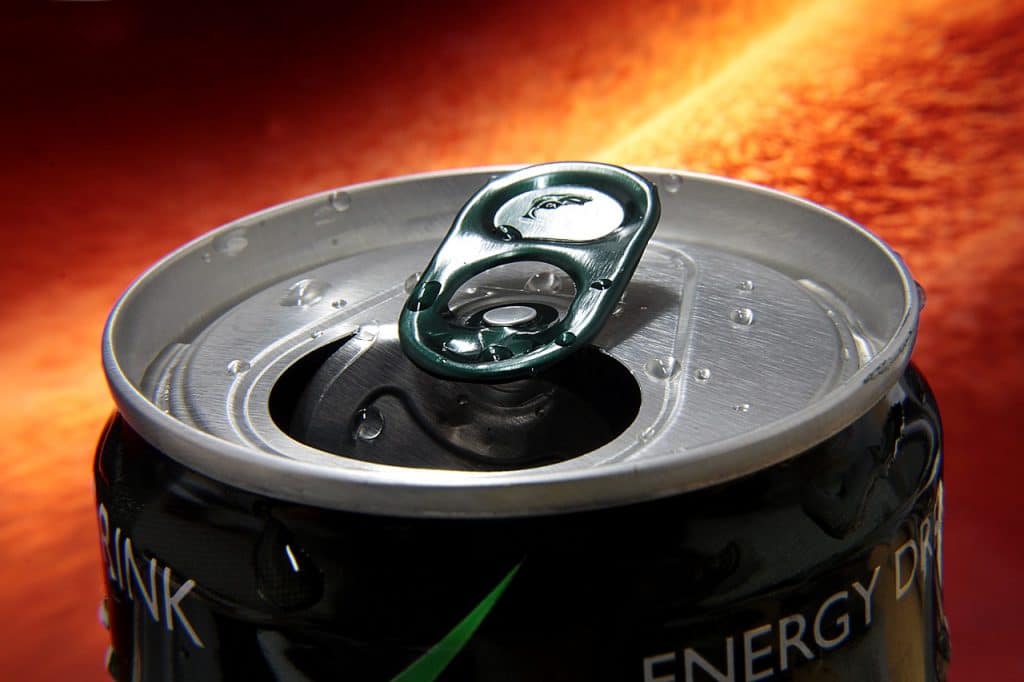I want more energy, you want more energy–I get it. Nothing is worse than having a terrible–or amazing–day ahead of you but feeling like there’s no place you’d rather be than in your bed. I’ve been there, wandering the aisles of the first gas station for that magic of energy in a bottle.
Unfortunately, my friends, I’m here to tell you the jig is up as new research is showing that energy drinks can cause more harm than just that initial crash.
In a study published in the Journal of the American Heart Association, researchers found that energy drink consumption may damage your heart (https://www.ahajournals.org/doi/full/10.1161/JAHA.118.011318). In this study, 34 participants around 22 years old drank 32 ounces of one of the two energy drinks used in the study or a placebo over a period of 60 minutes for three study days. In between each study day was a six-day washout period during which they did not drink any energy drinks.
All of the participants were healthy, and researchers took their baseline central blood and brachial pressures prior to the start of the energy-drinking portion of the study, in addition to once every half-hour for four hours on study days after they had consumed the drinks.
The results from this study showed that the participants had a longer Qtc interval after drinking the energy beverages, and this lasted for more than the four hours during which the researchers took data. A Qtc interval is a “corrected”–the average over a series of measurements–time from when your cardiac ventricles begin contraction to when they finish relaxing. A long or prolonged Qtc interval, as seen in this study, is a risk factor for heart arrhythmia and has been associated with faster, more chaotic heartbeats that can lead to fainting, a seizure or even sudden death.
Based on the blood pressure readings, researchers also recommended people with high blood pressure avoid energy drinks as they can make this condition worse. It’s worth noting that both energy drinks used in this study had less than 350 milligrams of caffeine, since doses under 400 mg are not believed to influence the results you get from an EKG.
One noted limitation of this study was that it only examined the effects of short-term energy drink consumption and not that of people who drink them all the time. Either way, the message is clear: it’s time to toss those drinks!




